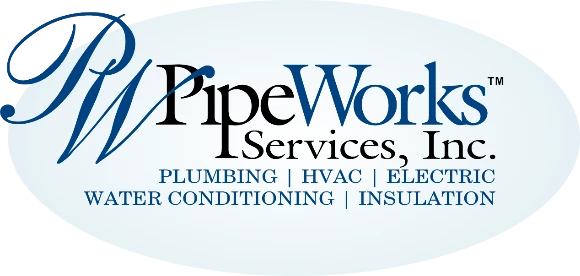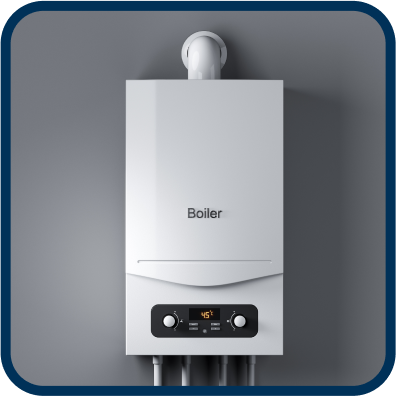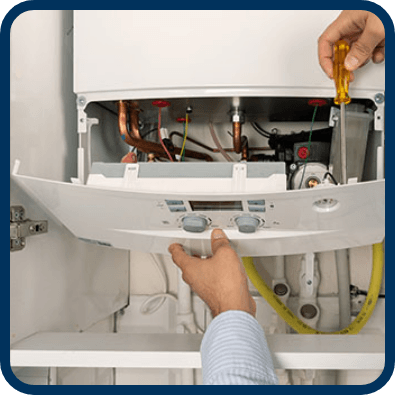Professional Boiler Installation in Chatham
Installing a new boiler requires expertise and precision. We must properly size the system for your home’s heating demands. Undersized boilers struggle to maintain comfortable temperatures during cold weather. We perform detailed heat-loss calculations to determine the optimal size for your space.
Several factors influence sizing decisions. Square footage provides a starting point, but insulation quality, window efficiency, and ceiling heights all matter. The number and type of heating zones in your home also affect requirements. We consider all these variables to recommend the ideal system capacity.
Fuel type represents another important decision during boiler installation. Natural gas offers convenience and typically lower operating costs in our area. Oil-fired boilers provide reliable heat where gas lines aren’t available. Each fuel type has advantages depending on your situation.
System type also varies. Traditional boilers use cast iron or steel heat exchangers and store hot water in tanks. Combi boilers heat water on demand without storage tanks. High-efficiency condensing boilers extract maximum heat from combustion gases. We explain the differences between these options so you can make informed decisions.
Key considerations for new boiler installation include:
- Accurate system sizing for efficiency
- Fuel type availability and costs
- Traditional versus combi boiler designs
- Efficiency ratings and energy savings
- Heating zone configuration needs
- Hot water production requirements
Installation quality directly affects system performance and longevity. Proper venting prevents carbon monoxide buildup. Correct piping ensures even heat distribution to all zones. Our installers follow manufacturer specifications precisely and comply with all local codes.
The installation process typically takes one to three days, depending on system complexity. We protect your home during work and clean up thoroughly afterward. Before we leave, we test all functions and show you how to operate your new system.
Comprehensive Boiler Service and Repairs
Regular boiler service keeps your system running safely and efficiently. Annual maintenance catches small problems before they become expensive repairs. During service visits, we inspect all components and clean heat exchangers, check safety controls, test pressure levels, and verify proper combustion.
Neglecting maintenance leads to decreased efficiency and higher fuel costs. Buildup on heat exchangers reduces heat transfer effectiveness. Your boiler must work harder and longer to heat your home. Regular cleaning maintains peak efficiency and prevents premature failures.
Safety inspections are a critical part of boiler service. We test pressure relief valves and carbon monoxide detectors. Venting systems get inspected for blockages or deterioration. Gas connections undergo leak testing. These safety checks protect your family from potential hazards.
Even well-maintained boilers occasionally need repairs. Recognizing warning signs helps prevent complete breakdowns. Unusual noises like banging, whistling, or gurgling indicate problems. Leaks around the boiler or piping require immediate attention to prevent water damage.
Inconsistent heating throughout your home suggests circulation problems or zone valve failures. Some rooms staying cold while others overheat indicates these issues. Rising energy bills without explanation point to efficiency losses. Any of these symptoms warrant professional inspection.
Common signs you need boiler service or repairs:
- Strange noises during operation
- Visible leaks or moisture
- Uneven heating between rooms
- Increased fuel consumption
- Frequent system cycling
Our technicians diagnose problems quickly using systematic troubleshooting methods. We carry common replacement parts on our service vehicles for faster repairs. Most issues can be resolved during the initial visit. When parts need ordering, we explain timelines and keep you informed throughout the process.
Emergency breakdowns receive priority response. We understand that losing heat during winter creates urgent situations. Our team works efficiently to restore your comfort as quickly as possible. We’re available around the clock when you need emergency assistance.





